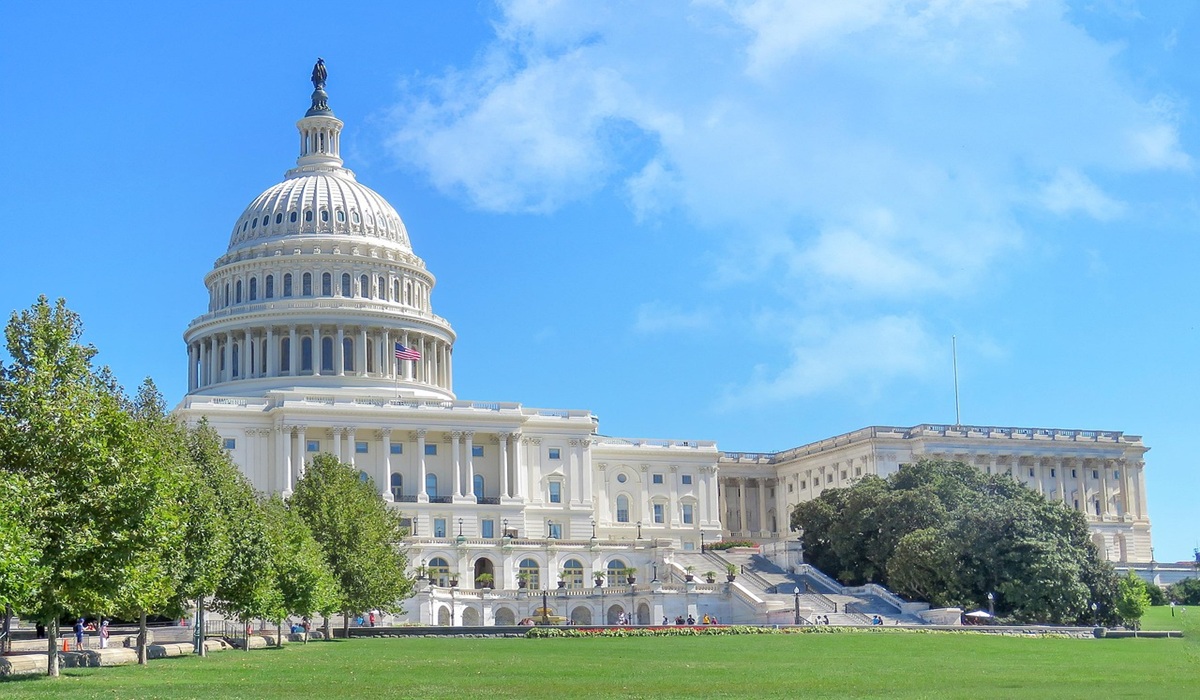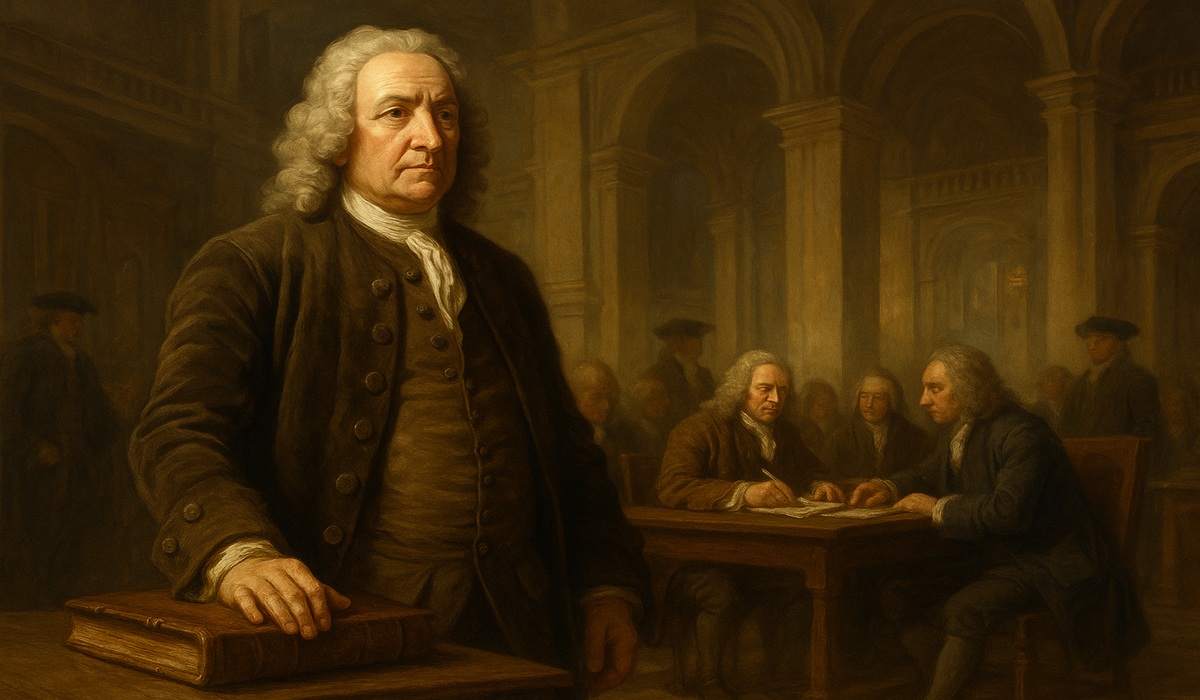Government Shutdown Exposes Washington’s Dysfunction While Civil Servants Pay the Price
- TDS News
- Trending News
- October 1, 2025

By: Donovan Martin Sr, Editor in Chief
Washington has once again found itself at the edge of chaos. After days of political bickering, the U.S. government officially shut down as Democrats and Republicans failed to reach a deal to fund operations. For millions of Americans, especially federal workers, the consequences are immediate and painful. For members of Congress, however, it’s just another chapter in a decades-long saga of dysfunction—one in which they remain insulated from the fallout.
The shutdown underscores one of the most paradoxical features of American democracy: a system that bills itself as the most advanced in the world but routinely grinds to a halt over budget fights and debt ceiling standoffs. While politicians in Washington debate over ideological lines, the people who feel the sharpest sting are not lawmakers but civil servants—everyday workers who keep the nation’s services running, from processing Social Security checks to maintaining air travel safety.
This is not a new story. The U.S. has lurched through more than 20 government shutdowns since 1976. Each time, the script feels familiar: partisan clashes over spending priorities, missed deadlines, and finger-pointing from both sides of the aisle. And each time, the human cost is paid by those who can least afford it. Hundreds of thousands of government employees face furloughs without pay. National parks close their gates. Research projects stall. Veterans wait longer for benefits.
What makes this cycle particularly galling to the public is the glaring disconnect between lawmakers and the citizens they represent. While civil servants wonder how they will pay rent or buy groceries, members of Congress—many of whom are already multimillionaires—continue to draw salaries. Some are worth ten, twenty, even fifty times what a lifetime of government work should reasonably allow, leading critics to question how “public service” became such a profitable enterprise.
This latest shutdown stems from a failure to pass a stopgap spending measure, a temporary solution that has become Washington’s default move instead of crafting long-term budgets. The reliance on short-term fixes only deepens the instability, leaving federal agencies unable to plan beyond a few weeks or months. Each round of brinkmanship erodes public trust in government’s ability to do the most basic of tasks: keep itself open.
The debt ceiling fights are no different. Politicians frame them as principled stands on fiscal responsibility, but to most Americans, the spectacle looks absurd. The United States is the largest economy in the world, issuing the global reserve currency, yet every few years its leaders flirt with the possibility of default like gamblers playing chicken with the nation’s credit card. What should be a solved problem—one addressed decades ago through reform—remains a political weapon, wielded not for solutions but for leverage.
The irony, of course, is that the shutdown costs taxpayers money. Every closure leads to delays, inefficiencies, and backlogs that require more time and resources to fix once government doors reopen. Economists estimate that shutdowns shave billions off GDP growth, reduce consumer confidence, and sometimes permanently disrupt contracts or investments. The price tag lands squarely on the public, not on the politicians who engineered the gridlock.
For civil servants, the toll is personal. Federal workers interviewed during past shutdowns have described pawning belongings, taking second jobs, or waiting in food bank lines just to make ends meet. They are reminded, time and again, that while they keep the gears of the country turning, their own livelihoods are bargaining chips in a political game.
As Washington bickers, public frustration grows. Poll after poll shows that Americans, regardless of party affiliation, see government shutdowns as failures of leadership. The inability to agree on budgets or raise the debt ceiling does not feel like democracy in action—it feels like negligence. Citizens are left asking why the richest nation in the world cannot master the basic task of paying its bills on time.
If the shutdown continues, the ripple effects will only widen. Contractors will lose income. Families who depend on federal assistance will face uncertainty. And perhaps most damaging, confidence in the nation’s institutions will erode further. At a time when global competitors are strengthening their systems, America’s leaders are locked in self-inflicted paralysis.
For now, Congress returns to its familiar theater of blame and posturing. But for those waiting on paychecks, those standing in airport lines, those wondering when their benefits will arrive, the dysfunction is no show—it’s a lived reality.
Until lawmakers treat governance as more than a partisan sport, shutdowns will remain an embarrassing feature of American politics. Decades of missed opportunities have left the U.S. with a government that can be switched off like a light. And every time the lights go out, it is the people—not the politicians—who sit in the dark.








